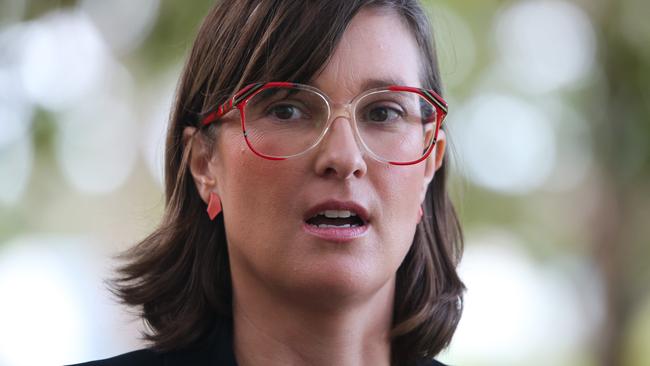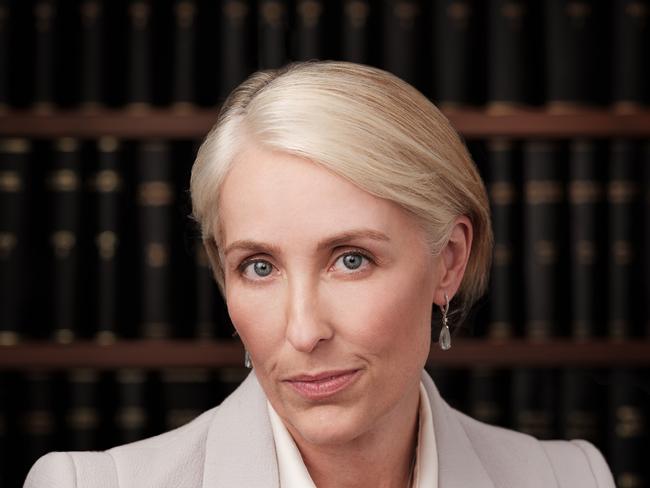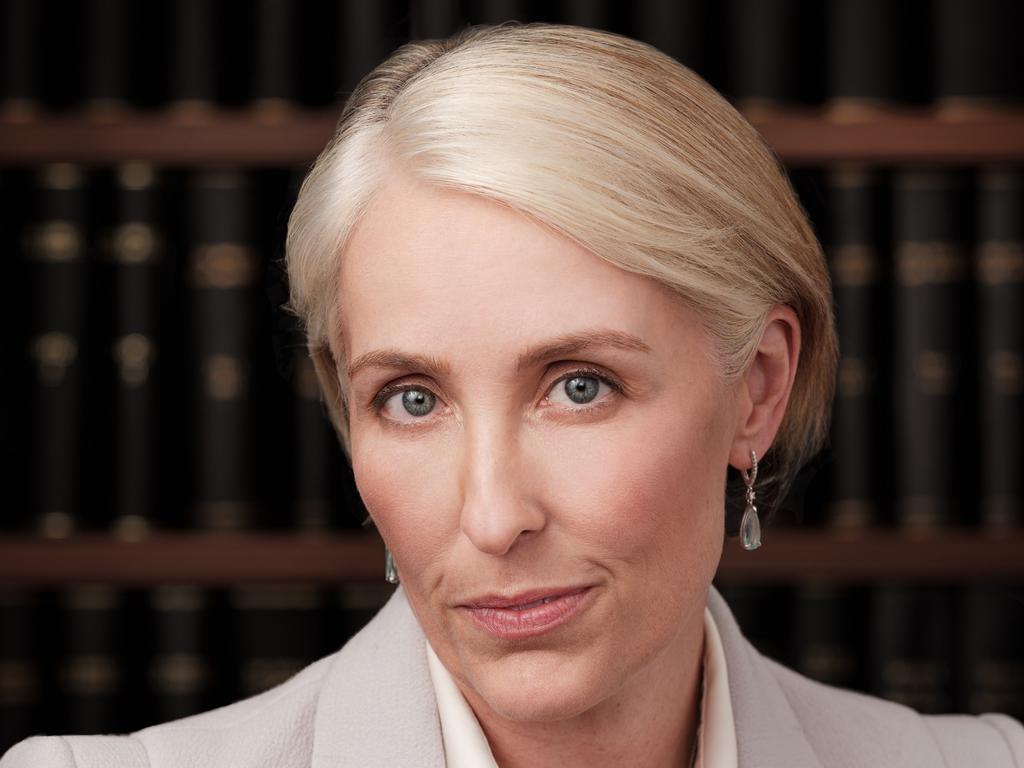‘Pattern’ rape case lawsuits up to six amid judicial scandal
The Office of the DPP in NSW is prosecuting a sixth man in a new sexual assault case brought by the woman at the centre of a judicial scandal.

The Office of the DPP in NSW is prosecuting another man in a sexual assault case brought by the woman at the centre of a judicial scandal that has pitted a District Court judge against the state’s Director of Public Prosecutions.
The new case is the sixth sexual-assault prosecution brought by the NSW Office of the DPP involving the same complainant, which has sparked concern within the judiciary at prosecutors’ alleged failure to rationally interrogate victims’ claims and the inability of juries to know when alleged victims have made multiple allegations against a string of men.
The latest case involving the woman will place further scrutiny on prosecutorial decisions, with the allegation against the accused man levelled at a time when two other men were facing imminent jury trials after the same woman had accused them of rape in identical circumstances.
Both trials resulted in speedy acquittals but both juries were prevented from hearing details of the woman’s other allegations.
The pattern of making very similar allegations sparked extreme concern for District Court judge Robert Newlinds, who questioned whether prosecutors were taking a “lazy and perhaps politically expedient” approach to putting rape cases before juries without properly interrogating the rational basis of the complaint. Judge Newlinds also said accused men could not receive a fair trial when juries were prevented from hearing details of multiple accusations that were bizarrely similar.
The upcoming case, which is at pre-trial stage, will throw the spotlight on a piece of NSW legislation that bars evidence of a complainant’s sexual history from going before a jury, including in cases where repeated sexual assault allegations have been made against multiple men, even when such complaints are proven to be false.
The NSW judiciary is the only one in the country barred by legislation from exercising judicial discretion over such evidence. Law reform commissions at commonwealth and NSW levels have called for the law to be amended, as well as a string of senior judges including justices of the NSW Court of Appeal.
The latest case, which is still before the local court, arises from an allegation that the complainant was sexually assaulted by a man dubbed JM on September 2 last year. The man was charged on April 4 this year, when the woman was preparing to give evidence against two other men in upcoming jury trials.
Three other men the same complainant had accused of sexual assault in 2018 and 2020 pleaded guilty. The woman had made a seventh sexual assault complaint to police in March 2021 about yet another man, but police had declined to lay charges.
The case against JM is proceeding despite Judge Newlinds calling on the Office of the DPP to “join the dots” and critically scrutinise the pattern of similar accusations which appear to be founded on an “idiosyncratic” view by the alleged victim of what constitutes sexual assault, which prosecutors were accused of failing to interrogate or challenge.
Judge Newlinds’ comments were contained in a judgment granting a costs certificate following the accused’s acquittal in the case of R v Martinez. In that case, the woman got drunk and initiated sex with the accused, which she participated in enthusiastically at the time. The next day she formed the view she was sexually assaulted because she could not remember the evening and believed she could not have consented – a contention rejected by the jury. The woman had made a virtually identical criminal complaint against another accused who was also acquitted by a jury.
“If the jury had known the full picture of the complainant’s history of accusing men of rape in similar circumstances, the time of deliberation would have been measured in minutes,” Judge Newlinds said in the Martinez case.
Judge Newlinds’ comments recorded his “deep level of concern that there is some unwritten policy or expectation in place in the Office of the Director of Public Prosecutions” that if any person alleges they have been sexually assaulted, the case should be prosecuted so as to let the jury decide rather than be rationally interrogated.
Those comments are now the subject of a complaint to the Judicial Commission of NSW by the state’s DPP, Sally Dowling SC, who has accused the judge of abandoning impartiality and undermining confidence in the criminal justice system.

If the defence in the JM case seek to have details of the woman’s previous pattern of accusation admitted into evidence, it will highlight the operation of section 293 of NSW’s Criminal Procedure Act.
The section has been the subject of criticism over decades, notably in recent years in the case of R v Jackmain, in which a jury was prevented from hearing evidence that a complainant had made false allegations of sexual assault on 12 prior occasions.
The defence counsel who acted in that case, Felicity Graham, branded the NSW law “an outlier” and said it posed a serious risk of false conviction.
“The law has been severely criticised, repeatedly by judges for over 30 years - labelled draconian, that it causes significant unfairness to an accused, unfairness that is real and not illusory, that it is an affront to justice for someone to be put to trial without being able to use relevant substantially probative evidence in their defence,” Ms Graham said.
“These criticisms have been followed by comments to the effect that it is for parliament to fix this mess. The law in NSW is an outlier, providing for no overarching discretion vested in the trial judge to ensure justice is done in each particular case.
“Bringing NSW in line with the rest of Australia is not only simple but it is necessary to avoid miscarriages of justice. The NSW law is not properly tailored to the mischief it is supposed to address. The law should be amended urgently, before someone else is put to trial in circumstances that amount to an affront to justice.”





